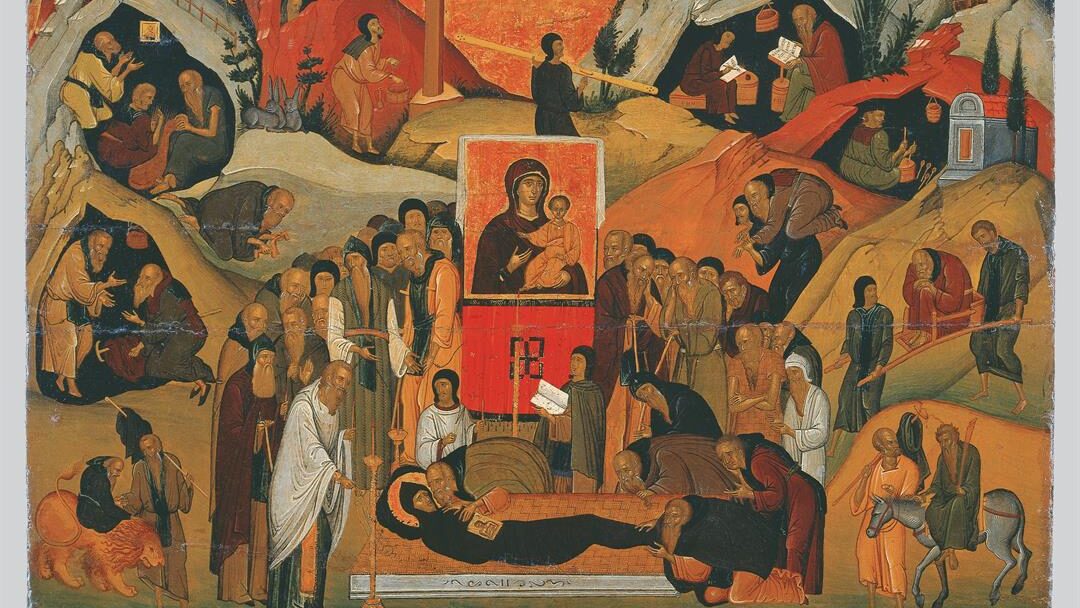

A Cloud of Witnesses
The Syriac World introduces Western readers to the ancient riches of the Syriac Christian heritage.


The Syriac World introduces Western readers to the ancient riches of the Syriac Christian heritage.
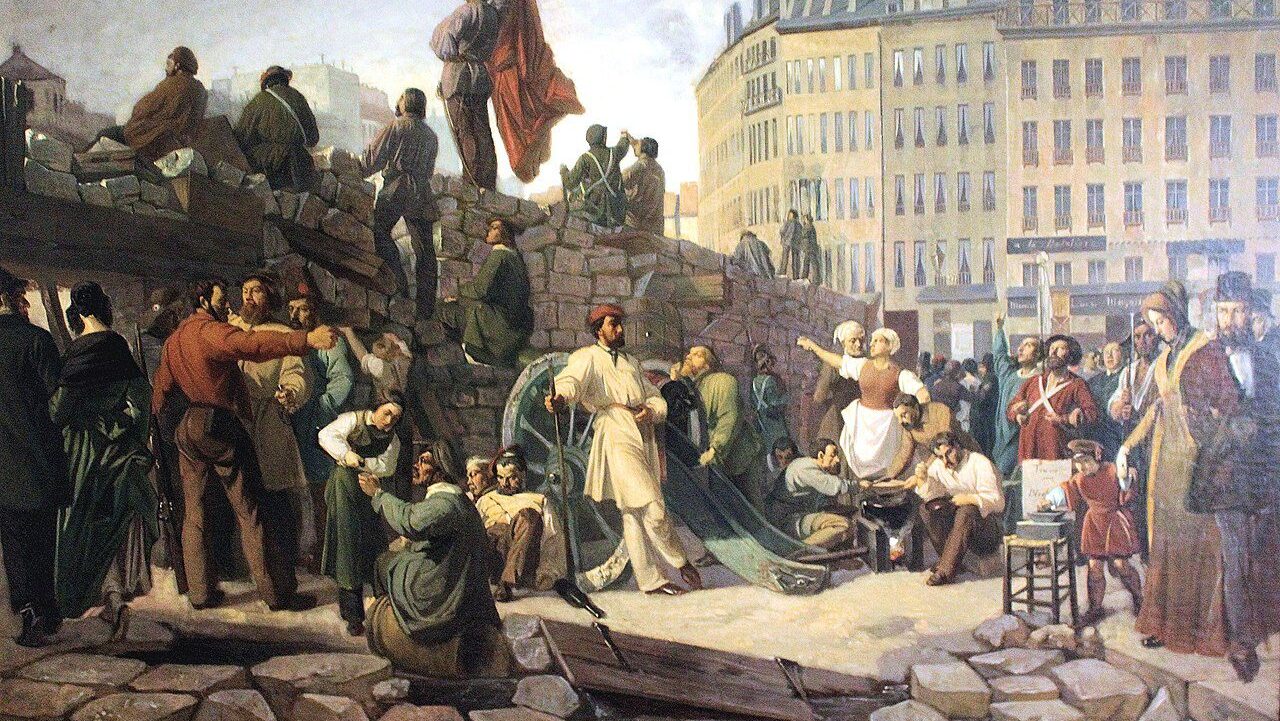

Rather than being opposed to the establishment, these activist foot soldiers provide the street muscle, fierce passion, and raised voices that bureaucrats dare not show.
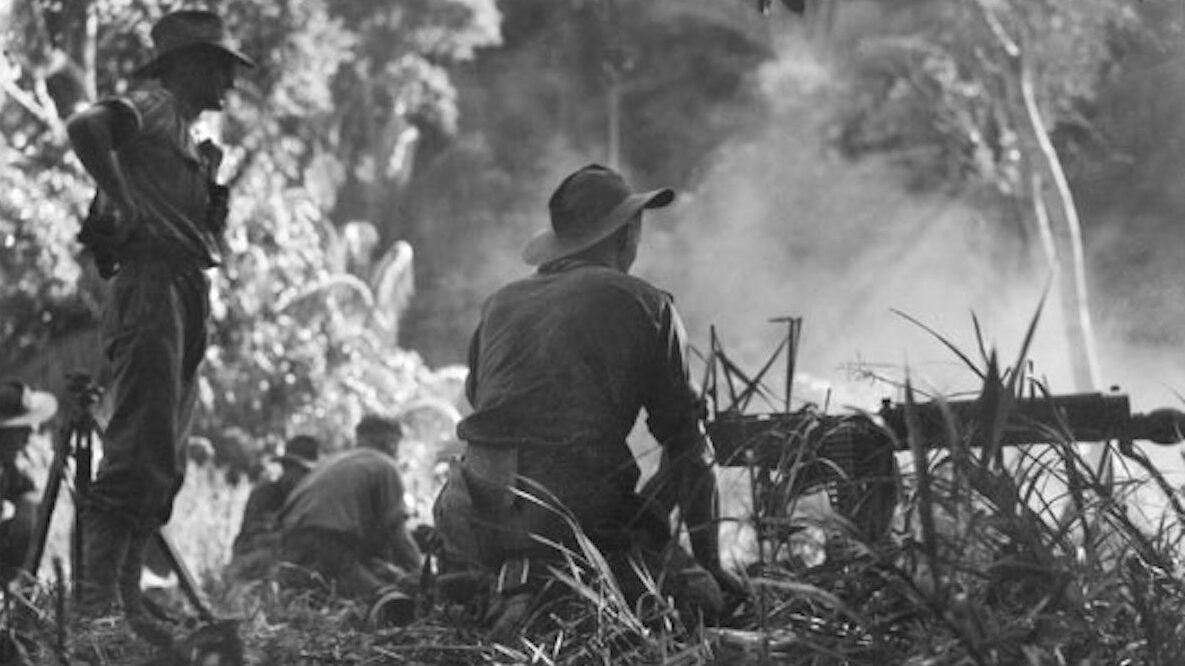

Both the novel and the memoir touch on themes that are sadly out of fashion today: the brotherhood of arms crossing ethnic and cultural divides, individual bravery in battle, and the manly quest to build empires.
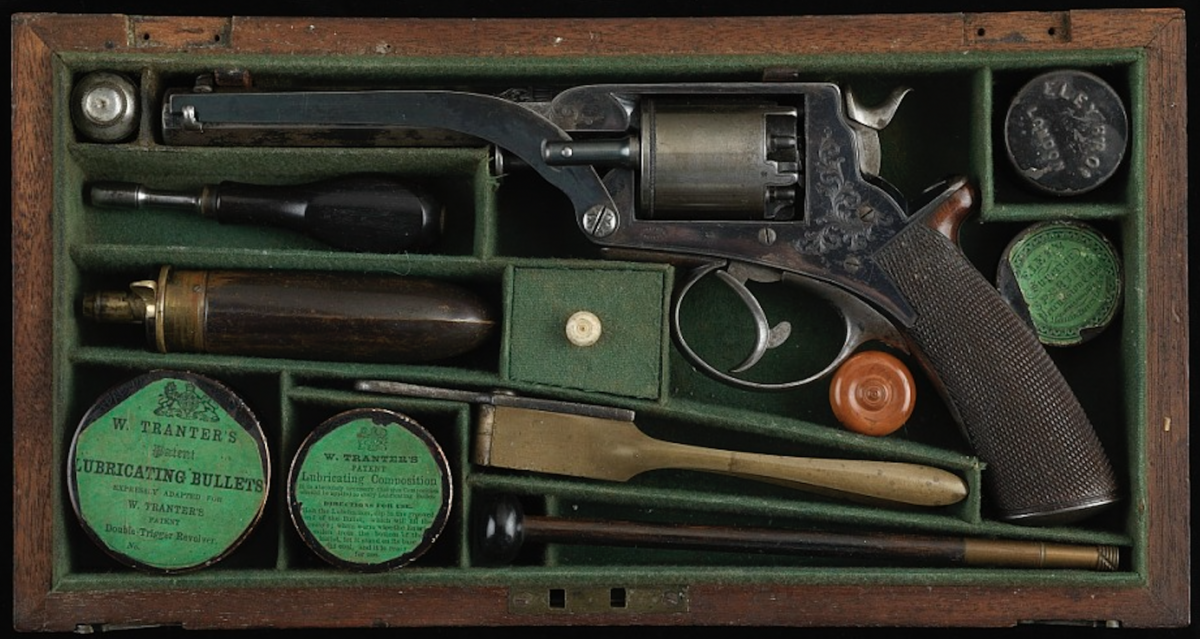

One only hopes that the current wave of political masochism in America will crest and that elites will understand that you cannot build a stable future by destroying the past or demonizing your heritage.


For today’s conservatives enduring the assaults of the constant neo-Jacobin revolution of today, the adventures of Manfred Arcane are seductively reactionary.
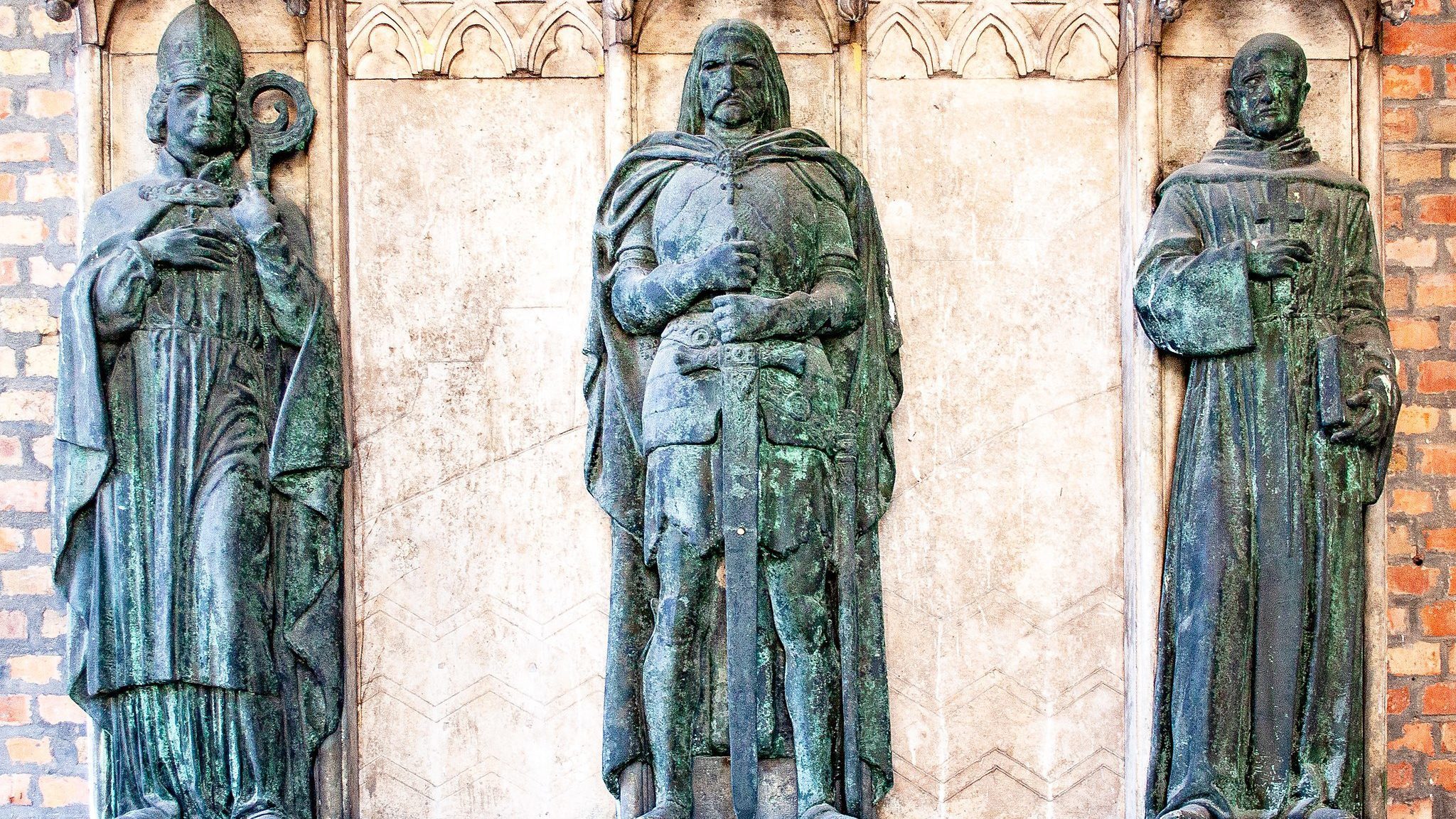

Although the book is properly a mosaic of voices— two personalities dominate, both on the battlefield and in the documentation. The first is the heroic Christian military commander Hunyadi. The second figure is far less remembered today, the Franciscan friar Saint John of Capistrano, sometimes called the Soldier Saint although the only “weapons” he carried were a crucifix and a banner.
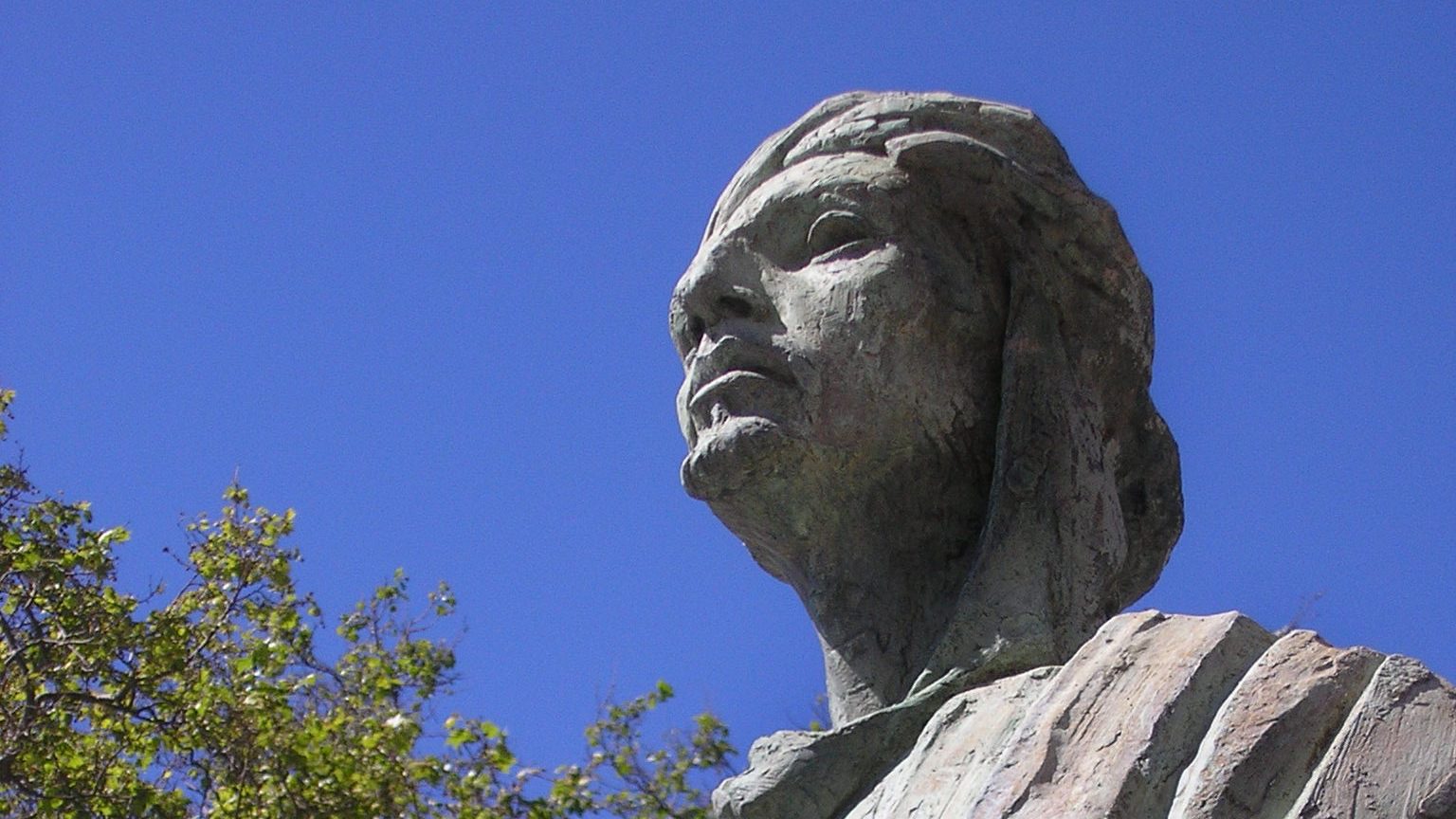

Beneath the tales of Almanzor’s campaigns is an intriguing subtext which seems to subvert preconceived modern Muslim and Christian notions of what medieval warfare between the two great religions was actually like in Al-Andalus.


One figure worthy of rediscovery, especially for those of a conservative or religious inclination, is the French soldier and writer Ernest Psichari who converted during his time as a soldier between 1909 and 1912, in what is today Mauritania.
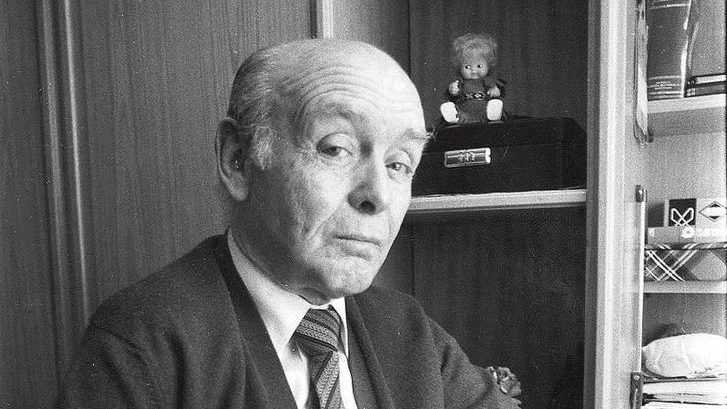

As a work of serial military fabulism, Ezquerra’s book is an interesting cultural artifact. I laughed more than once at the author’s sheer gall, but Ezquerra himself is an unpleasant figure. A literary liar is bad enough; a Nazi literary liar seems even more obscene.
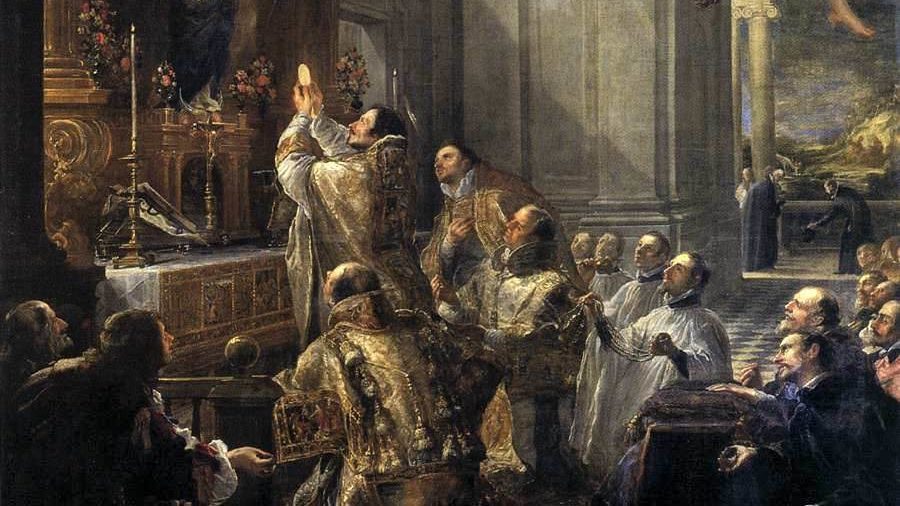

Fr. Bryan Houghton has an enduring message, which remains relevant for the Church and for society in the West today: “tradition is not nostalgia for the past but precisely the transmission of one’s inheritance to the future.”
To submit a pitch for consideration:
submissions@
For subscription inquiries:
subscriptions@